Keto after 40 does not work – recently there has been considerable discussion on the internet on this topic. Don’t fall for the falsehoods. Keto is suitable for everyone.
When you are over 40, that waistline will start thickening. You may also notice that losing weight becomes harder. This is why people in their 40’s can find the keto after 40 diet appealing. Other diets didn’t help them lose weight, perhaps the keto diet will? As with most diets, there are pros and cons that need to be considered before committing fully.
When keto after 40 diet is started the body uses fat, instead of carbohydrates, for energy. This is called ketosis. Once your body reaches ketosis, it breaks down stored fat into fatty acids and glycerol. Fatty acids are used for a source of energy called ketones. The glycerol is converted into glycogen in the liver as a backup energy source (1).
When following a keto diet 70 percent of your daily calories should be coming from fat, 25 percent from protein, and 5 percent from carbohydrates. By comparison, most Americans get 50 percent of their daily calories from carbs. For that reason alone, you need to realize that this is a completely different way of eating and it needs to be approached carefully.
Now that you know all about keto, how do you start making the switch to keto after 40?
The easiest way is to gradually reduce your carbohydrate intake over a few days. I understand that you don’t want to waste food, but don’t fall into the trap of eating up all the biscuits, cakes, potatoes and bread in the house. This will make starting harder and lead to gaining more weight. It may be easier to make the transition into eating fewer than 50 grams of carbohydrate per day over a couple of weeks. This will also help overcome some of the side effects of the keto diet.
These side effects can cause you to feel under the weather and tired. This is not great at any age, but can really take it out of you from keto over 40. In other words, be kind to yourself. Take things steady and build up to eating the keto diet.
Once you have reduced your carb intake, it’s time to start making some more changes to your diet.
Start by replacing processed carbs with healthy, unprocessed alternatives. For example, swap white rice for quinoa or cauliflower rice, pasta for courgette/zucchini noodles, and sugary snacks for fruit. The last one might be the hardest to do so this is a great one to start gradually in the changeover period discussed above.
You eat a large amount of fat on the keto diet but not all fats are created equal. You need to increase the healthy fats you eat. These healthy fats include avocado, olives and olive oil, nuts, and seeds. Cut out margarine and vegetable oil, and try to keep animal fat to a minimum. These fats cause inflammation which can lead to disease and also reduce your weight loss efforts. As you age you are more susceptible to the effects of inflammation (2).
Eat a variety of protein such as meat, fish, eggs, and dairy. If you like it, the best fish to eat is oily fish such as mackerel, salmon, sardines and anchovies. These fish also contain the healthy fats that you need to stay healthy, which is incredibly important when you are on keto after 40’s.
You need protein to repair your body. This is especially important if you are exercising (3). Cardio vascular exercises are more effective for weight loss and keeping you in ketosis than strength workouts (4). These type of exercises are easier on your body as you approach middle age. Protein also helps to keep you feeling full as it takes a long time for the body to break down and digest. For this reason, it also reduces your appetite.
Having said all this do not fall into the trap of eating too much protein. As a general rule 1 gram of protein for every kilogram that you weigh is ideal. In other words, someone weighing 14 stone (89 kg) should aim to eat 89 grams of protein. Which means don’t be tempted to eat a great big steak every day (5).
Too much protein can harm the kidneys. When you are in your 40’s your kidneys, along with all your other body parts, have been working hard for over 4 decades. You need to care for your body and health first and foremost. As we age we find it harder to digest protein. A good tip is to mince/grind meat to make digestion easier.
No matter what diet you are on, you need to be aware of hunger signals. Let’s just say you have had cereal for breakfast for 40 years. Cereal doesn’t take very long to break down so you used to need a mid-morning snack or early lunch because you felt hungry. A great tip is to have eggs for breakfast. This will mean you are less likely to feel hungry mid-morning, so you won’t be reaching for the snacks (6). But beware – we are creatures of habit. Don’t eat a mid-morning snack just because it’s what you have always done. Think first ‘am I actually hungry?’
As with any diet you need to drink plenty of water and avoid sugary drinks. Water keeps the body functioning properly. Think of it like a car engine that needs oil. If you don’t put oil in your car it won’t work properly and will become sluggish. The same applies to water in the body. Plus, if your body is ‘firing on all cylinders’ it will be burning calories (7). Every little helps when it comes to burning calories!
As we age our immune system gets less efficient so make sure you are getting enough vitamins and minerals. Ideally you need to be eating low carbohydrate fruits and vegetables but if you are concerned, taking a quality multivitamin can help to ensure you are getting all the nutrients you need. The best vegetables to eat on a keto diet are those grown on top of the ground such as leafy green vegetables. Vegetables grown underground tend to be much higher in carbohydrates (8).
Another benefit of eating these vegetables is that they are full of fiber which makes you feel full up. This fiber is great because it helps prevent constipation (9). Unfortunately, constipation is another side effect when you start the keto diet and can be worse with age. Make sure you eat plenty of fibrous vegetables along with lots of water which should keep you ‘regular’.
Once you have been on the keto diet for a few weeks if you are really missing your high carb foods such as potatoes and pizza, you could start carb cycling. This is where you have one day a week where you eat those foods you are missing. Some people find this helps them to stay on track with their weight loss.
Something not often discussed on the keto diet is to make sure you keep stress levels low and get plenty of sleep. This applies for any diet, but can be overlooked when considering the keto diet as everyone focuses on what to eat. If you don’t sleep well or have stress and anxiety in your life, a hormone called cortisol will be increased. This hormone causes you to crave the very thing that you are trying to reduce on a keto after 40 diet – carbs. So, for your overall well-being as well as keeping cravings at bay, it is important to have good sleep habits and coping strategies when your mood is low (10).
I hope this has given you some insight into what the keto after 40 diet involves and how to integrate it into your life. Remember, as you age your health is the most important thing to consider so listen to your body and adapt to the keto diet gradually.
References
- Gluconeogenesis https://www.sciencedirect.com/topics/neuroscience/gluconeogenesis
- Health Implications of High Dietary Omega-6 Polyunsaturated Fatty Acids https://www.ncbi.nlm.nih.gov/pmc/articles/PMC3335257/
- Protein for exercise and recovery https://pubmed.ncbi.nlm.nih.gov/20048505/
- Exercise on Keto: Here’s What to know https://www.healthline.com/nutrition/working-out-on-keto#best-exercises-for-keto
- Diet Review: Ketogenic Diet for Weight Loss https://www.hsph.harvard.edu/nutritionsource/healthy-weight/diet-reviews/ketogenic-diet/
- Effect of a high-protein breakfast on the postprandial ghrelin response https://pubmed.ncbi.nlm.nih.gov/16469977/
- Yes, drinking more water may help you lose weight https://hub.jhu.edu/at-work/2020/01/15/focus-on-wellness-drinking-more-water/
- 20 Low-Carb Vegetables https://www.weightwatchers.com/us/blog/food/low-carb-vegetables
- Eating, Diet, & Nutrition for Constipation https://www.niddk.nih.gov/health-information/digestive-diseases/constipation/eating-diet-nutrition
- The impact of sleep deprivation on food desire in the human brain https://www.ncbi.nlm.nih.gov/pmc/articles/PMC3763921/
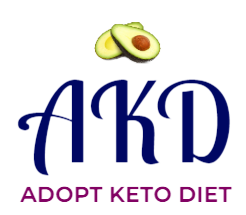
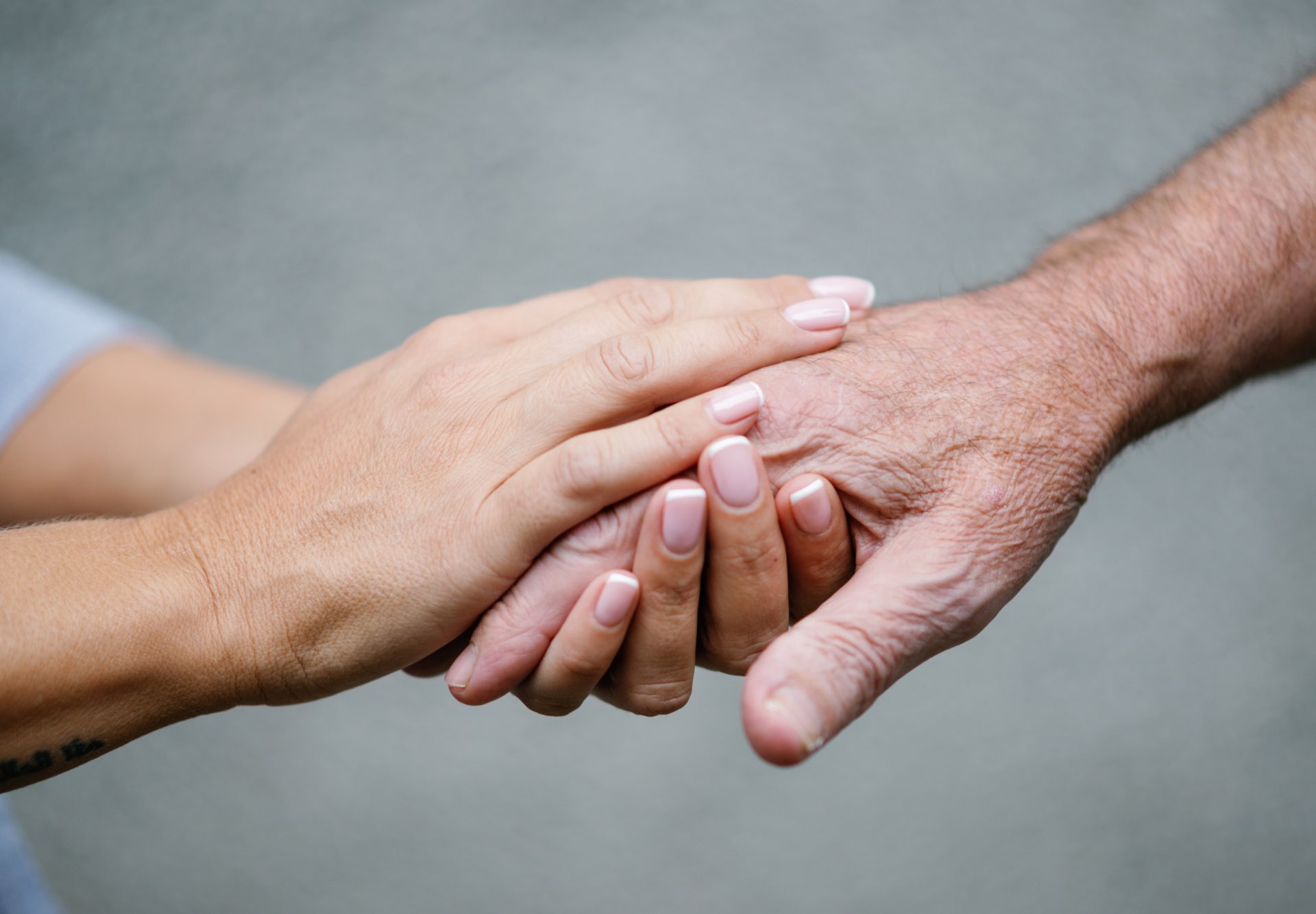
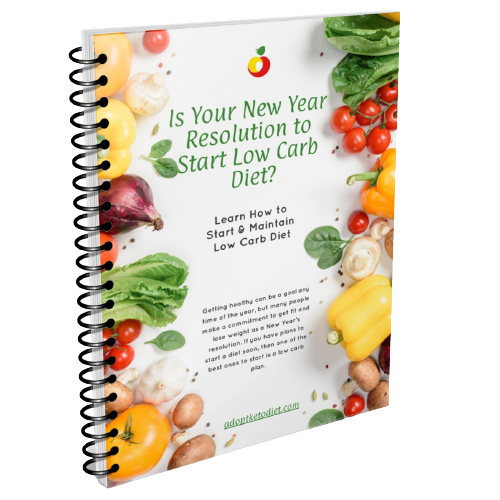
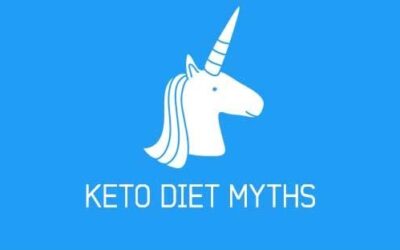
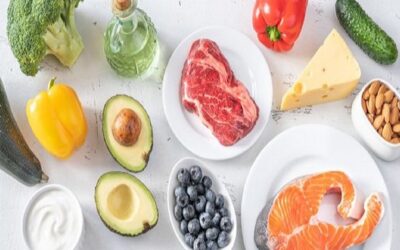
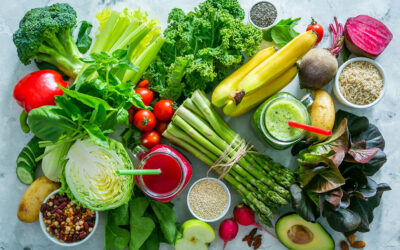
0 Comments